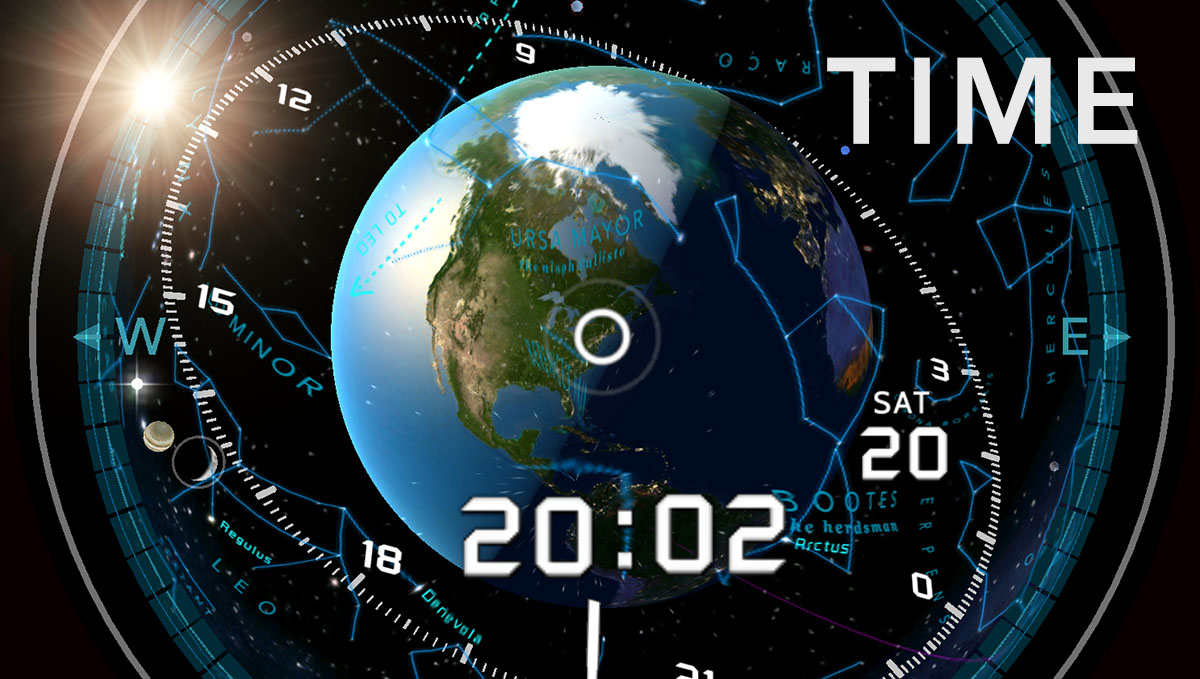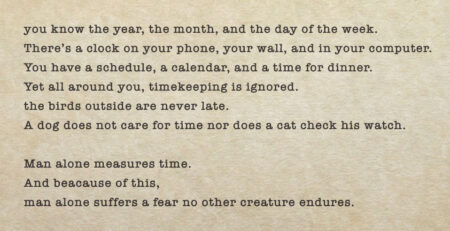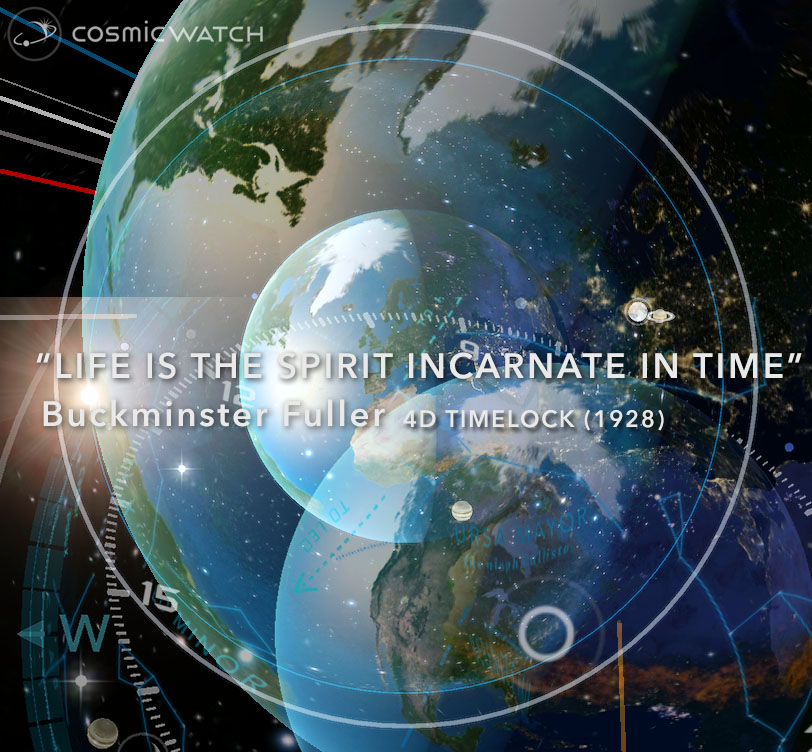Scientific perception of Time
and from Behavioural and Clinical Neuroscience Research about Time:
The passage of time is a puzzling thing. While few will dispute that a minute comprises 60 seconds, the perception of time can vary dramatically from person to person and from one situation to the next. Time can race, or it can drag interminably. On rare occasions, it feels as if it’s standing still.
The difference between “real” time, measured by clocks and calendars, and our own individual sense of time can sometimes seem enormous. This is because, in many ways, we are the architects of our sense of time.
Measuring time
Humans have created reliable instruments to measure time by using predictable repeating events that occur naturally, such as day turning to night or winter becoming spring. We think of these events in terms of days, weeks and years, and we use clocks and calendars to mark their passage.
But we also appear to possess an internal timepiece, which regulates our circadian (day/night) rhythms and allows us to register the duration of particular events. We use this “pacemaker” to compare the length of each new event with representations stored in memory. Effectively, we build up a knowledge bank of what a minute, an hour or a day feels like.
What typically begins as our brain’s ability to register short durations – from minutes to seconds – is transformed into an understanding of the flow of time across the lifespan.
Individual perceptions of time are strongly influenced by our level of focus, physical state and mood. Just as “a watched pot never boils”, when we are concentrating on an event, time occasionally appears to pass more slowly than usual. This is also the case when we’re bored; time can seem to drag endlessly.
In other circumstances, time can appear to speed up. When our attention is divided, for instance, and we’re busy with several things at once, time seems to pass by much more swiftly. This may be because we pay less attention to the flow of time when we are multi-tasking.
The emotional quality of an event also influences our perception of time. Negative emotional states, such as feeling sad or depressed, have the effect of making time feel as if it’s passing more slowly. Fear has a particularly powerful effect on time, slowing down our internal clock so that the fearful event is perceived as lasting longer. In contrast, fun and happy times seem to be over in the blink of an eye.
Can we slow down the ever-quickening pace of life? Perhaps. Improving cognitive abilities, especially attention and memory, can help us fine-tune our internal pacemakers. And meditation and mindfulness may help anchor our awareness in the here and now. Indeed, they may gradually help us to bring the fast river of time to a slow meander.
SOURCE >> http://theconversation.com/how-did-it-get-so-late-so-soon-why-time-flies-as-we-get-older-44296
AUTHORS>>


